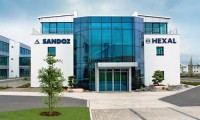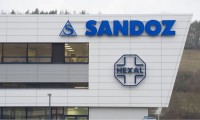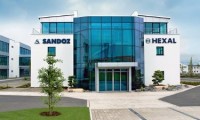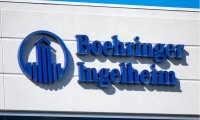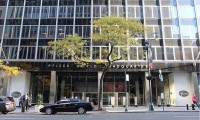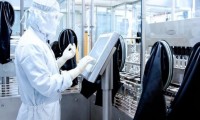-
J&J signs Stelara biosimilar settlement deal with Formycon and Fresenius
- Source: drugdu
- 191
- August 10, 2023
-
Sandoz Granted Positive CHMP Opinion for Multiple Sclerosis Biosimilar
- Source: drugdu
- 123
- July 26, 2023
-
Sandoz Invests $90m to Build a Biosimilar Centre in Slovenia
- Source: drugdu
- 110
- July 24, 2023
-
Sandoz doubles down on biosimilars with $90M Slovenia site where it plans to hire 200
- Source: drugdu
- 118
- July 22, 2023
-
Sandoz launches high-concentration biosimilar of AbbVie’s Humira in the US
- Source: drugdu
- 116
- July 7, 2023
-
first interchangeable biosimilar to Humira rolls out across US
- Source: drugdu
- 133
- July 5, 2023
-
FDA rejects Alvotech’s Humira biosimilar for the third time
- Source: drugdu
- 108
- July 1, 2023
-
Samsung Biologics, Pfizer partner for biosimilars portfolio manufacturing
- Source: drugdu
- 114
- June 12, 2023
-
Pfizer taps Samsung Biologics in long-term biosimilar production deal worth $411M
- Source: drugdu
- 117
- June 11, 2023
-
Biosimilars ‘Fulfilling Their Promise’ of Lowering Biologic Prices
- Source: drugdu
- 200
- June 9, 2023
your submission has already been received.
OK
Subscribe
Please enter a valid Email address!
Submit
The most relevant industry news & insight will be sent to you every two weeks.


